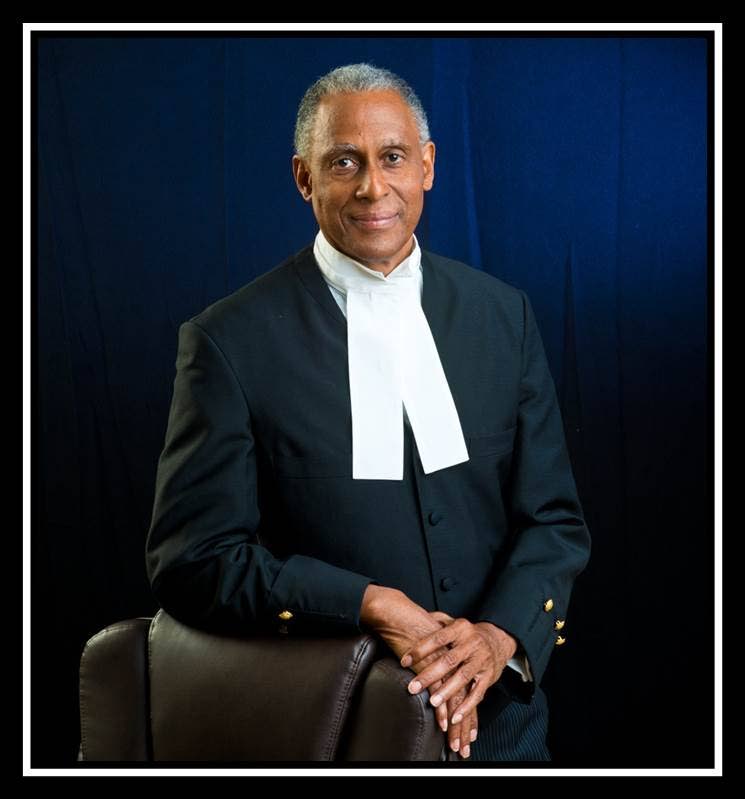CCJ welcomes St Lucia into the fold

THE Caribbean Court of Justice (CCJ) on Tuesday welcomed St Lucia's decision to accept it as its final appellate court.
In a statement, CCJ president Justice Adrian Saunders acknowledged that St Lucia's Governor General Errol Charles has assented to the Constitution of St Lucia Amendment Act, which was passed in that country's parliament in March.
This means that St Lucia now recognises the CCJ as its final appellate court, and not the Privy Council in London.
Saunders congratulated the people of St Lucia on this momentous occasion.
"St Lucia now becomes the fifth Caricom nation to take this defining step and the CCJ welcomes the opportunity to serve the citizens of that country."
He said statistics collated by the court last year showed that "in each Caribbean state that has acceded to the CCJ’s appellate jurisdiction, the volume of cases being heard by that country’s final court annually has at least doubled."
This, Saunders continued, has contributed to the dynamism of each country's jurisprudence and considerably expanded access to justice for the populations of those countries.
"We have no doubt that St Lucia too will have a similar experience.
"Guyana, Barbados, Belize and Dominica are the other Caricom countries who have replaced the Privy Council with the CCJ as their final appellate court.
Saunders said the CCJ looked forward to more Caricom states making use of the CCJ’s appellate jurisdiction in the future.
On March 4, St Lucia Prime Minister Phillip J Pierre welcomed the passage of the act and the decision for St Lucia to join the CCJ.
"The CCJ will make justice accessible to the people of St Lucia."
Pierre added that ordinary citizens find it difficult to seek legal redress through the Privy Council because the cost is too high,
St Lucia's opposition, the United Workers Party, did not support the act and called for a referendum.
The St Lucian government rejected those calls, saying because of its two-thirds majority in the lower house of parliament, there was no need for a referendum.
The CCJ was established on February 14, 2001 by the Agreement Establishing the CCJ. Antigua & Barbuda, Barbados, Belize, Grenada, Guyana, Jamaica, St. Kitts & Nevis, St Lucia, Suriname and Trinidad and Tobago are the signatories to this agreement.
The CCJ was intended to be a hybrid institution, serving as a municipal court of last resort and an international court vested with original, compulsory and exclusive jurisdiction over the interpretation and application of the Revised Treaty of Chaguaramas.
In and out of government since 2001, the PNM and UNC have quarrelled over whether TT should replace the Privy Council with the CCJ as this country's final appellate court.
The PNM has supported this move, while the UNC has rejected it.
TT only accesses the court in its original jurisdiction, that is, with respect to disputes concerning the Revised Treaty of Chaguaramas, which relates to Caricom.


Comments
"CCJ welcomes St Lucia into the fold"